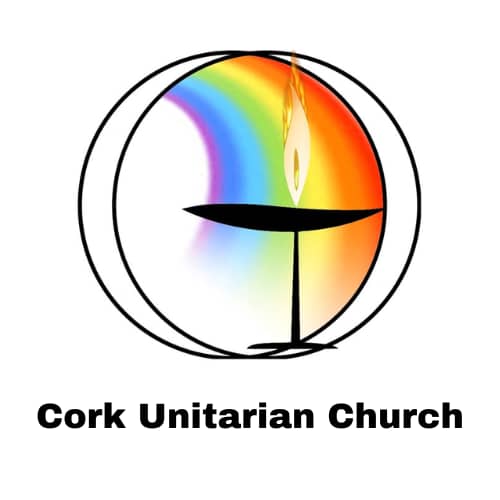
Creeds (sometimes called confessions) have traditionally been about getting people on the same religious page by aligning their believing and thinking. This creedal approach traditionally worked well enough for institutional churches who needed to encourage everyone to follow their pray-stay-obey plan. In the old days, people who were outside of that plan could be called terms like heretics, schismatics, or apostates. This labelling opened the door for excommunication, persecution, and even martyrdom.
Fortunately, in modern times, having differing religious opinions is no longer a crime. However, it can still be a source of contention and even discrimination.
Part of the difficulty with creeds is that they are often used to enforce a kind of certainty around spiritual concepts that are by their very nature always exceed the limits of human language. As a result, various people can all pledge a given creed and yet each person may likely have a different interpretation of that same creed. In fact, many people will have only a rote understanding with no real applied interpretation at all. Creeds assert that people are to profess specific beliefs as a certainty and then all act accordingly. The problems here are that the words always fall short of the ideal and the individual interpretations of those words are always varied such that it becomes difficult, and often unwise, to base ethical decision making on creedal assertions.
Do religions even need creeds? For religions that claim to have all the answers and for those people who see faith as the opposite of doubt, creeds might be reassuring. However, at Cork Unitarian Church, we faith as being the opposite of certainty. Faith for us means the confidence to explore, question, and and discover those spiritual things which are not tangible and thereby fall short of factually complete creedal descriptions.
How does a church know what it is all about if it does not have a creed? At Cork Unitarian Church, we articulate our common purpose in terms of our vision, mission, and values. We also build our community around shared consensus without the need for asserting common shared beliefs. We much prefer to express our shared spiritual understandings through affirmations rather than creeds. Affirmations allow us to proceed from a more honest and practical position of “I agree to…”, rather than the creedal approach of “I believe that…”. This different perspective reinforces the Unitarian principle that we do not all have to believe the same spiritual notions for us to be willing to share, support and celebrate our own personal spiritual journeys as a community of seekers.
The following affirmation typifies how this approach is practiced at Cork Unitarian Church:
Love is the doctrine of this church,
The quest of truth is its sacrament,
And service is its prayer.
To dwell together in peace,
To seek knowledge in freedom,
To serve human need,
To the end that all souls shall grow into harmony with the Divine-
Thus do we covenant with each other and with God.
